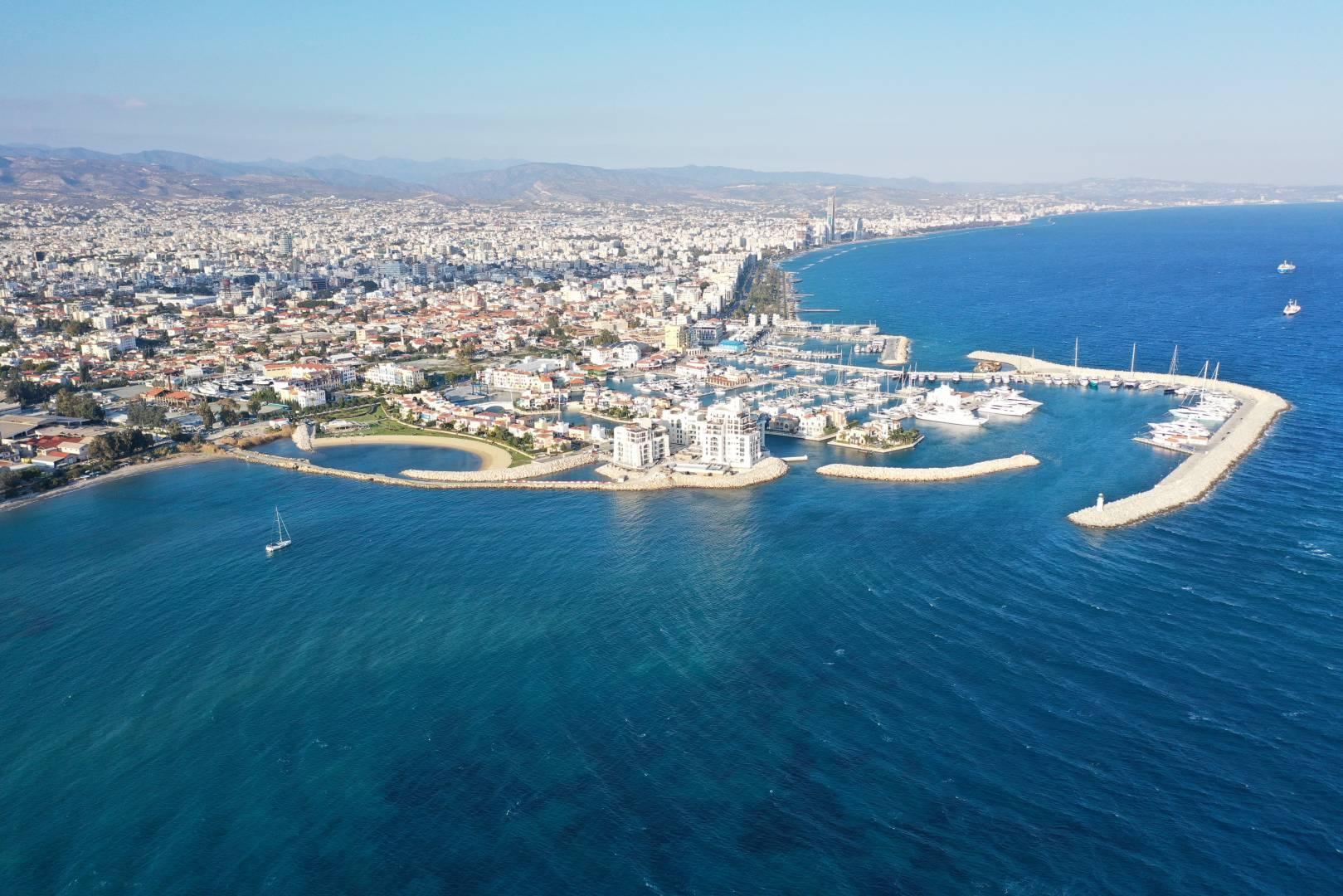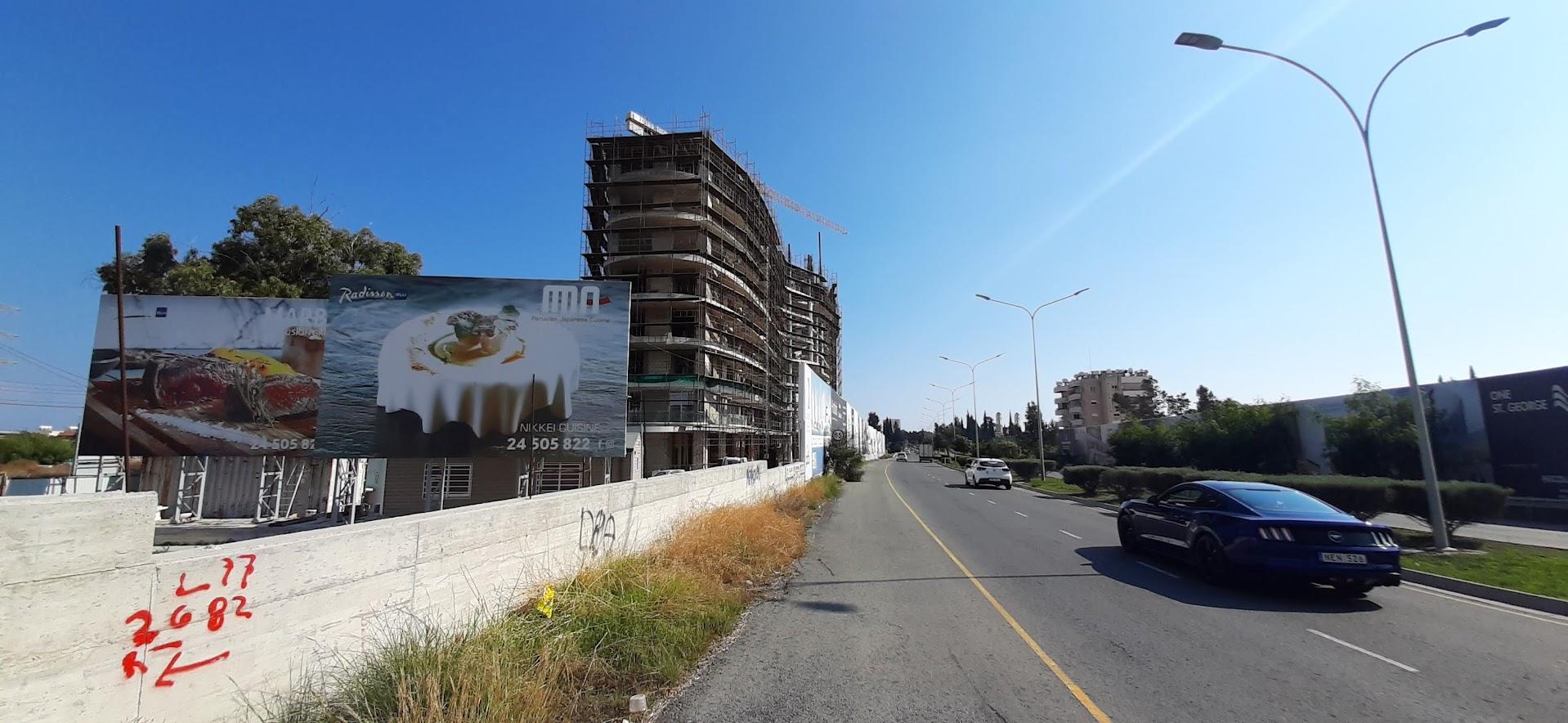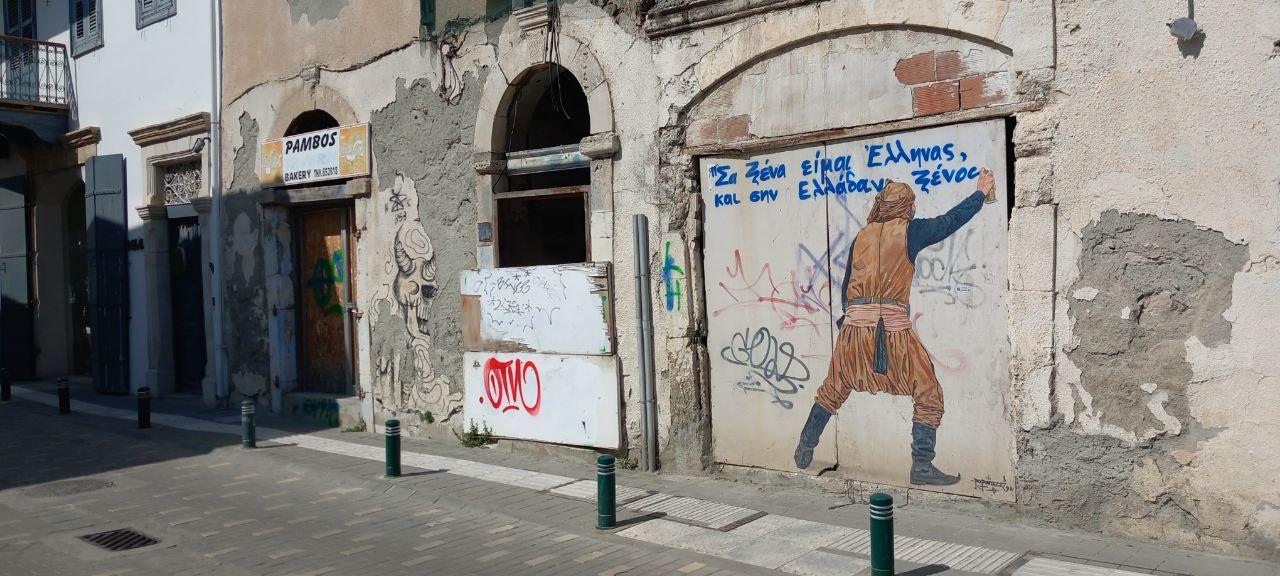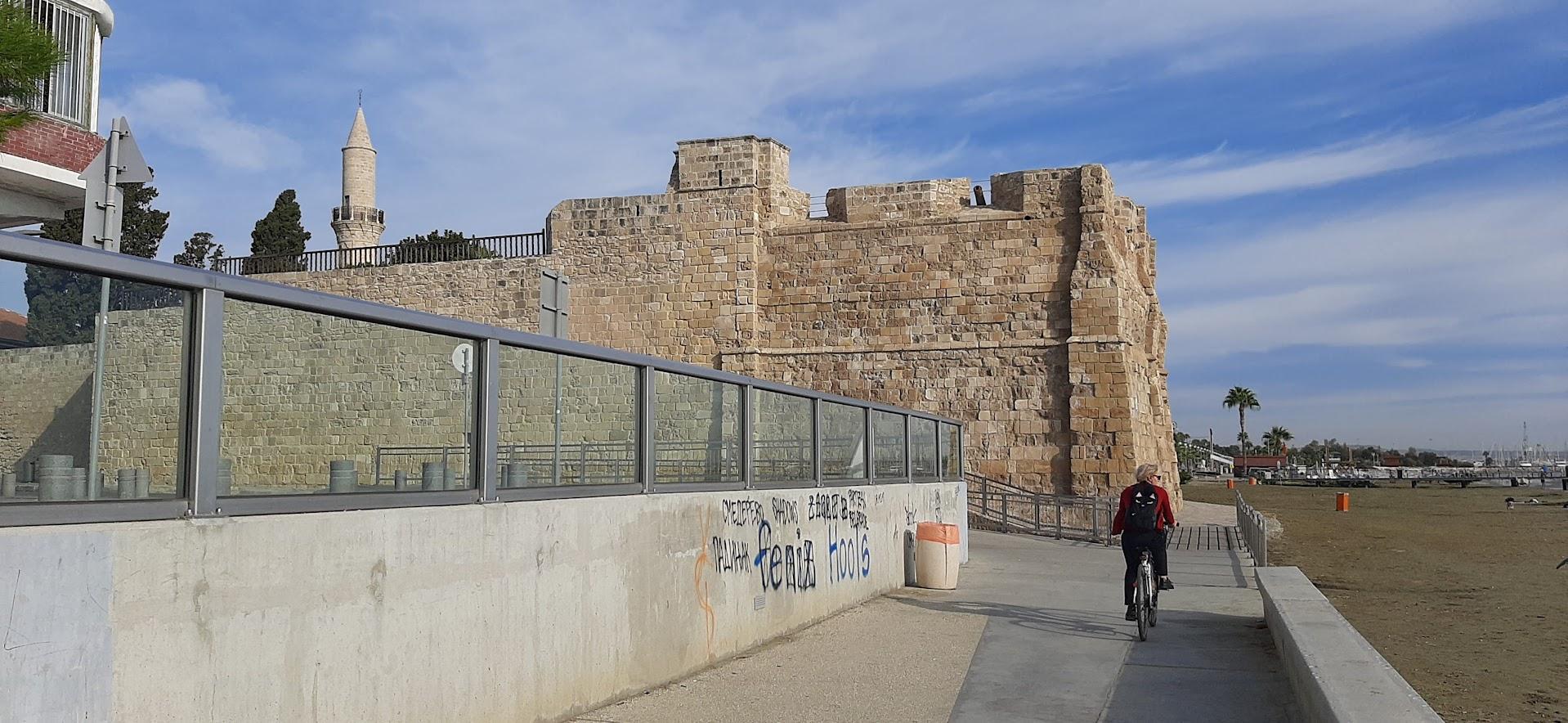Over the past few years, the property market in Cyprus has become one of the most dynamic in the region. After unprecedented price growth and an active influx of foreign investors, there is now a period of stabilisation - the so-called 'cooling' of the market.
In this blog we look at why these changes are taking place, what factors are influencing market dynamics and how investors can adapt their strategies to the new conditions. We'll break down the rising cost of building materials, the reduction in the number of approvals, the impact of global and political factors and the changing investor profile. Read on to find out how you can take advantage of new opportunities and protect your capital in a volatile market.
Cyprus has been attracting investors for many years, not only because of its warm climate and picturesque scenery, but also because of its favourable tax regime and stable economy. After several years of rapid growth and active investment, the property market is beginning to come under pressure - a slowdown in the rate of new property launches and a slowdown in price growth. This is a natural stage of market maturity, when previously impressive price rises are replaced by gradual stabilisation. In this article we will try to understand the reasons behind this process, analyse the statistics and offer recommendations for investors who want to stay afloat and make the most of the new market conditions.

1. Changes in the construction industry: rising material costs and developer caution
Global and local cost drivers
Global economic and geopolitical developments in recent years have driven up the cost of construction materials such as steel, cement, insulation and others. According to analysis by Statista and Investropa, the prices of these materials have fluctuated due to changes in global supply chains, inflationary processes and rising energy costs. This puts pressure on the cost of building new properties and makes developers and investors more cautious about launching projects.
Impact on the property market
When construction costs rise, developers are forced to revise project budgets, which leads to a reduction in the number of new building permits. This phenomenon affects the market in the following ways
- A reduction in the volume of new projects. A decrease in the number of approvals means that the influx of new properties slows down, which means that the existing stock starts to dominate the market.
- Price stabilisation. If demand remains stable, a reduction in supply can slightly stabilise prices and, in periods of long-term scarcity, even create the conditions for a new phase of growth.
- Reassessment of investment risks. Investors are starting to focus on the quality of properties, location and potential liquidity, rather than just on strong price growth.
In this way, rising construction costs are contributing to the market's gradual transition to a more predictable and sustainable cycle.

2. Decreasing number of building permits: stabilisation or warning signal?
Analysis of current trends
Official statistics from the Statistical Service of the Republic of Cyprus show that the number of building permits issued has been declining in recent years. For example, this figure has fallen by 2-3% over the past year. This suggests that developers are becoming more selective in their choice of projects, favouring quality and well-designed projects with high profitability potential.
Impact on market dynamics
The reduction in new projects indicates that the property market is gradually moving from a period of rapid growth to a period of stabilisation. This does not necessarily mean that prices will start to fall, but rather that they will rise more moderately. With stable demand and limited supply, potential buyers can expect more 'fair' market entry conditions and investors can expect reduced risks associated with rapid volatility.
Long-term outlook
It is important to recognise that such a period is a natural cyclical phenomenon. In the short term, the decline in the number of new properties may slightly limit price growth, but in the long term it creates a favourable basis for sustainable market development. This is particularly important for strategic investors who focus on quality and long-term liquidity.

3. External Economic and Political Factors
Global economic and geopolitical situation
The property market has never been immune to the influence of external factors. Geopolitical tensions, sanctions regimes, changes in trade agreements and currency fluctuations all have a significant impact on the investment climate. The business media regularly publish analyses showing that external economic uncertainty can put temporary pressure on investor activity.
Regulatory and business support measures
In times of global uncertainty, the government takes measures to stabilise the economic situation. These include a review of investment programmes, PML programmes, preferential taxation and structural reforms. These measures help to ensure that the domestic economy of Cyprus remains relatively resilient despite external challenges. The Central Bank of Cyprus, which can be found on the Central Bank's official website, continues to publish positive forecasts, which supports investor confidence.
Impact on the investment climate
When external factors lead to a short-term decline in market activity, government support measures can smooth out the fluctuations. This is particularly important for long-term investors who value market stability and predictability. In conditions of moderate uncertainty, there is interest in quality properties, which increases their yield and liquidity.

4. Revisiting the investor profile and market saturation
The role of foreign investors
In recent years, strong inflows from foreign investors have been one of the main drivers of growth in the Cypriot property market. However, once a certain level of saturation is reached, the market begins to stabilise: individual investor activity declines and prices cease to rise exponentially. This is a natural stage of market maturity, when it is time for portfolio optimisation and more balanced decisions rather than speculative leaps.
New realities for domestic and foreign capital
As Investropa's data shows, the transition to the stabilisation phase means that investors need to pay more attention to property quality, long-term rental prospects and asset liquidity. For local investors, this may signal portfolio diversification, while for foreign investors it may be an opportunity to enter the market at more realistic and transparent prices.
Assessing the cyclicality of the market
The property market is cyclical. Periods of rapid growth are followed by periods of slowdown, which provide an opportunity to rethink investment strategy, focus on acquiring quality properties and set up for stable rental income. It is during such periods that many professional investors take a long-term view, expecting a gradual recovery in market momentum.

5. Recommendations for investors: how to act in a cooling market
Carry out a thorough analysis of macroeconomic data
Before making investment decisions, it is useful to familiarise yourself with the latest reports of the Central Bank of Cyprus and the Statistical Service of the Republic of Cyprus. This will allow you to assess the economic outlook, inflation trends, GDP growth and general market conditions.
Focus on quality and location
With the slowdown in the market, prices are stabilising and the quality of properties is becoming a key factor. Investors are advised to choose projects in prestigious areas of Limassol, Larnaca or Paphos, where demand remains high. Look for modern new buildings with energy-efficient technologies and well-developed infrastructure.
Diversify your investment portfolio
Don't focus on just one property segment. Consider diversification options - buying both residential and rental properties, as well as commercial properties. This will help reduce risk and provide a stable income regardless of short-term market fluctuations.
Be prepared to invest for the long term
The property market goes through cycles. If you plan to invest for the long term, a cooling-off period can be an opportunity to acquire quality properties at an attractive price. Set your strategy to generate a steady rental income and gradually increase the value of the property, rather than speculate in the short term.
Seek professional advice
No investor should make decisions alone. Working with experienced agents, legal advisers and financial analysts will help to ensure that all the nuances of the Cyprus market are taken into account. This is particularly important for foreign investors, who may face additional legal and bureaucratic difficulties when buying property in Cyprus.

The Cypriot property segment, which has experienced rapid growth in recent years, is entering a period of stable cooling. This does not imply a negative outlook for the market, but rather a transition to cyclical maturity. The slowdown in price growth, the reduction in new developments and the changing investor profile are creating the conditions for a more predictable and sustainable market performance. For investors, this means the opportunity to buy quality properties at more transparent and defensible prices, with the prospect of stable rental income and long-term capital growth.
If you are looking for a reliable investment and want to optimise your investment portfolio in the new development cycle, now is the time to conduct in-depth analysis, select quality properties and use the services of trusted professionals.
Are you ready to take the next step? Get a free consultation with our experts and find out how to optimise your Cyprus property investment today!
This material is for informational purposes only and does not constitute financial advice. Before making any investment decisions, please consult the relevant professionals.

Read also:

